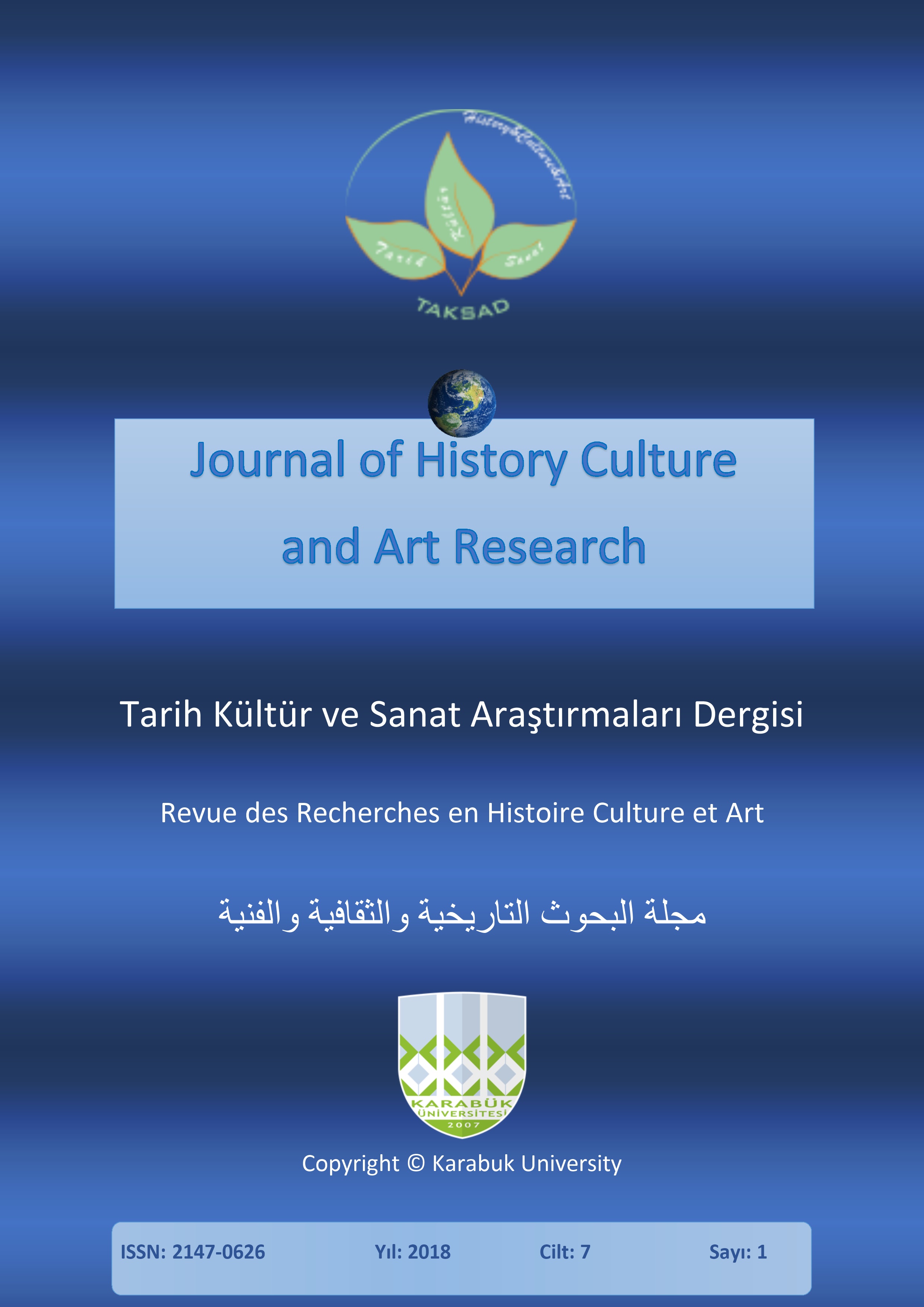Socioeconomic and Management Aspects of the System of Vocational Guidance for Learners with Disabilities
DOI:
https://doi.org/10.7596/taksad.v7i1.1408Keywords:
Education, Learners with disabilities, Vocational guidance, Employment, Professional self-determination, State support, Human capital, Road map.Abstract
Of significant importance for the Russian economic system is the generalization and application of best practices in the area of vocational guidance and employment of young people with special educational needs. In Russia, a special attention is being paid to the development and creation of a vocational guidance system as one of the priorities in the sphere of training students with special educational needs. Despite the fact that in recent years much has been accomplished in this area, yet there remain a number of both conceptual and practical problems. The authors of this study have conducted a critical analysis regarding the main aspects of the problems related to vocational guidance for persons with disabilities and regarding the current trends in the creation of a professional self-determination system for persons with disabilities. The authors have also defined prospects of the concept of a vocational guidance system for school children/students with special educational needs, as well as examined existing strategies for the vocational guidance of learners with special educational needs.
References
Atutov, P. R. (2001). The Pedagogics of Labor Formation of Students: Content and Procedural Framework. Selected Works in 2 Volumes. Moscow: Kumir Publishing.
Blinov, B. I. & Sergeev, I. S. (2018). The Concept of Supporting the Professional Self-determination of Learners in the Context of Ongoing Education. [Online source]. URL: http://www.fgou-vunmc.ru (Date of reference: 22.01.2018).
Braddock, D. & Bachelder, L. (1994). The glass ceiling and persons with disabilities. Washington, DC: U.S. Department of Labor, Class Ceiling Commission.
Fukunaga, L.; Simonelli, S. & Sperry, L. (2018). Effective Practices Brief. Individualized Educational Support Strategies for Students with Autism in Inclusive Classroom Settings: [online source]. URL: http://www.sig.hawaii.edu/products/briefs/ EPB_Autism.pdf. (Date of reference: 22.01.2018).
Fursov, A. L. (2014). Socio-economic effectiveness of the system of vocational guidance for the region’s population system: economics PhD dissertation. Saratov State Technical University named after Yu. A. Gagarin. Saratov.
Hotchkiss, Julie L. (2002). The Labor Market Experience of Workers with Disabilities: The ADA and Beyond.
Kay, M.; Ochs, Lisa A. & Shields, Todd G. (1997). The last suffrage movement: Voting rights for persons with cognitive and emotional disabilities. Publius, 27(3), 75-96.
Kruse, D. & Schur, L. (1998). Employment of People with Disabilities Following the ADA.
Kudaeva, E. G. (2009). The Social barriers for the employment of disabled people in contemporary Russian society. PhD dissertation. Research library of dissertations and theses disserCat. [Online source]. URL: http://www.dissercat.com/content/sotsialnye-barery-trudoustroistva-invalidov-v-sovremennom-rossiiskom-obshchestve#ixzz4PwBJjVG2. (Date of reference: 18.01.2018).
Marcinkowska, B.; Wojakowska–Lewicka, K. & Koman, D. Warzsawa (2008). Uczen z niepełnosprawnoscia w szkole ogólnodostepnej. Program szkolenia dla nauczycieli.
Nikolaenko, V. I. & Satari, V. V. (2016). The Innovative Model of Ongoing Comprehensive Rehabilitation of Disabled People at Various Age Stages. Corrective pedagogics: theory and practice, 1(67), 80-83.
Official Website of the Russian Federal Service of State Statistics. [Online source]. (Date of reference: 22.01.2018).
Official website of the Russian Ministry of Education and Science. [Online source]. (Date of reference: 22.01.2018).
Savina, M. S. (ed.) (2009). The Relevant issues of professional education and social and labor integration of persons with disabilities: Collection of Articles Based on the Work Materials of State Expert Panel. Мoscow: Publishing house LL TsVT Orientar.
Smid, R. (2000). The group work with kids and teenagers. Мoscow: Genesis.
Sokolova, E. I. (2011). The formation of professional and general competencies in a specialist. Professional education Stolitsa, 5, 35-36.
Standing, G. (2011). The Precariat: The-new Dangerous Class. New York.
Starobina, E. M.; Gordievskaya, E. O. & Kuzmina, I. E. (2016). The vocational guidance based on disabilities (2nd ed.). Moscow: INFRA-М.
The Moscow city law “On Education of Persons with Limited Health in Moscow” №16 dated 28.04.2010 (2010). Bulletin of the Moscow Mayor and Government, No. 35.
Volman, M. (1997). Rhythmic Coordination Dynamics with and without a Developmental Coordination.
Downloads
Published
How to Cite
Issue
Section
License
All papers licensed under Creative Commons 4.0 CC-BY.- Share — copy and redistribute the material in any medium or format
- Adapt — remix, transform, and build upon the material for any purpose, even commercially.
Under the following terms:
Attribution — You must give appropriate credit, provide a link to the license, and indicate if changes were made. You may do so in any reasonable manner, but not in any way that suggests the licensor endorses you or your use.
- No additional restrictions — You may not apply legal terms or technological measures that legally restrict others from doing anything the license permits.







